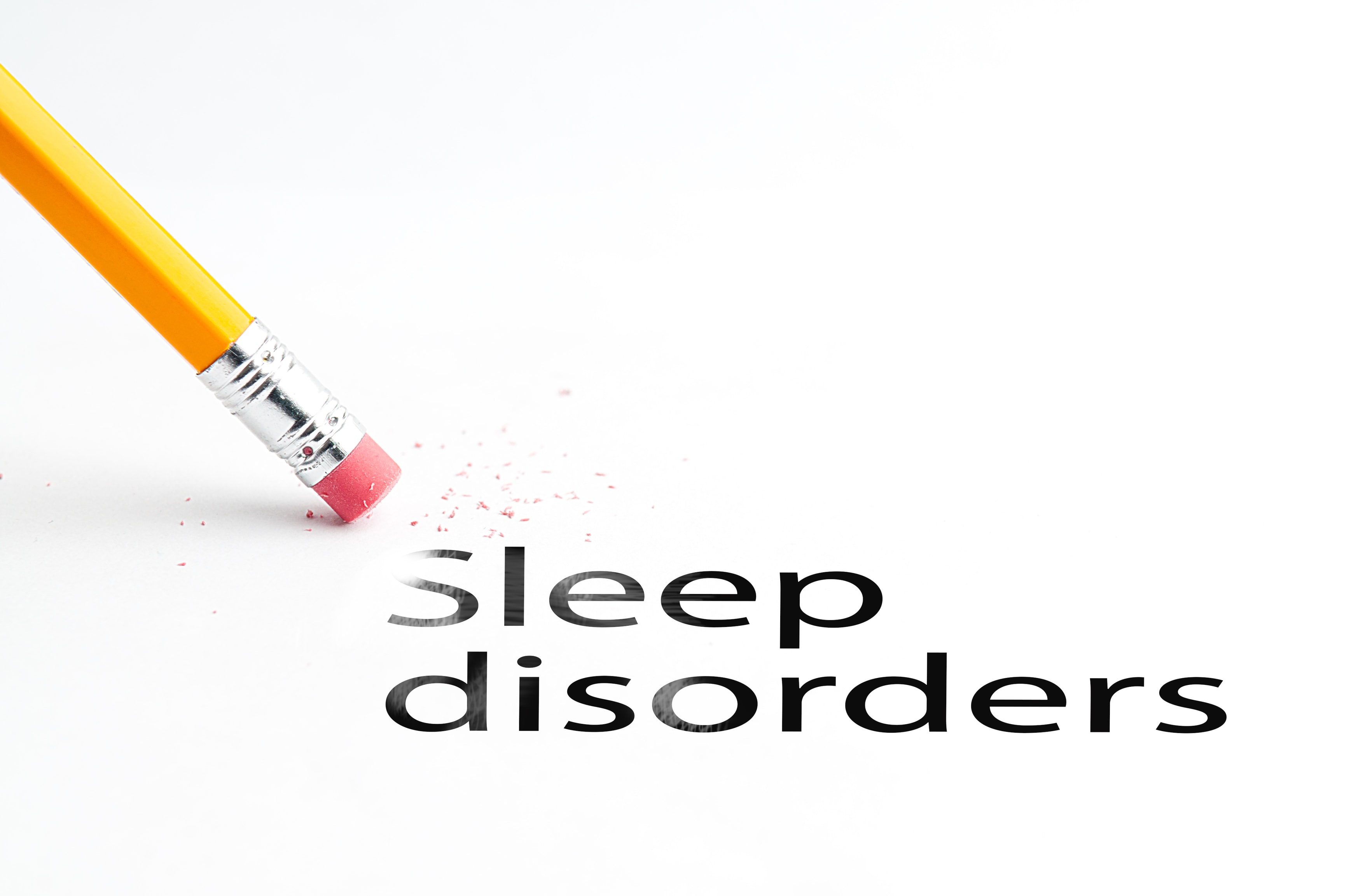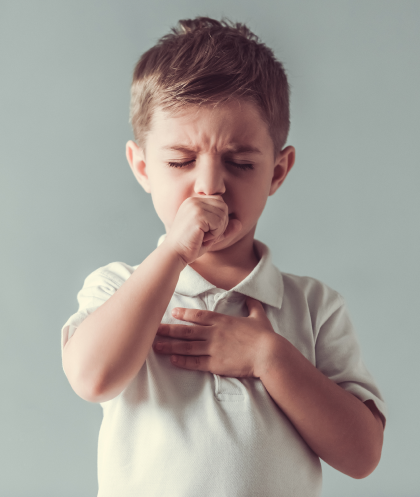
77 Wimpole Street,
London, W1G 9RU


Respiratory Conditions

Sleep disorders in children can cause a wide range of symptoms. Although some of these are easy to recognise, others can be easy to overlook or to confuse with other causes. If you notice any of the following symptoms in your child, it could be linked to a sleep problem.
Feeling sleepy or drowsy during the day is one of the most obvious signs of sleep disorders in children but is unusual as hyperactivity is more common (see below). It can be caused by something as simple as staying up too late at night or by a more serious disorder such as sleep apnoea.
Rather than seeming tired during the day, some children who aren’t getting enough sleep can become hyperactive as a result. Getting a good night’s sleep can often solve behavioural problems such as hyperactivity, lack of concentration and problems at school.
Sleep problems in children often appear at bedtime or when your child has difficulty getting back to sleep after waking during the night. Difficult bedtimes and having trouble waking up in the mornings can be related to this.
Snoring isn’t as common in children as in adults. If it happens often it can be a sign of sleep apnoea in children, which should be treated by a doctor as it affects the breathing.
Nightmares are common in childhood, but if they are severe and disrupting your child’s sleep they need to be addressed. It is important to identify any sources of stress or anxiety that could be troubling your child.
Night terrors and sleepwalking can cause your child to seem awake or to move around while sleeping. It is important to ensure that they are in a safe environment when this happens to avoid accidents. Most children will grow out of these problems and remain unaware of what has happened while they were asleep.
Bedwetting is extremely common and 10% of children still bed wet at age 7 years. Rarely it can be linked to sleep disorders in children. If your child doesn’t grow out of it by age 8 or especially if your child was dry and then starts to wet then, it can be helpful to consult a doctor.
Please fill the form below
Suzanne Harvey
secretary
Resources
